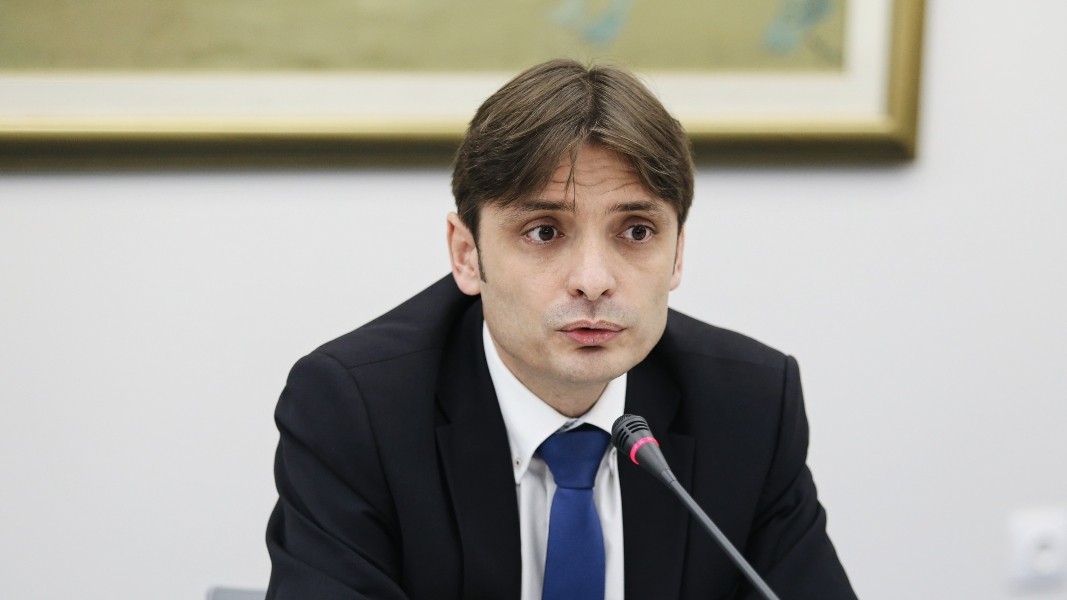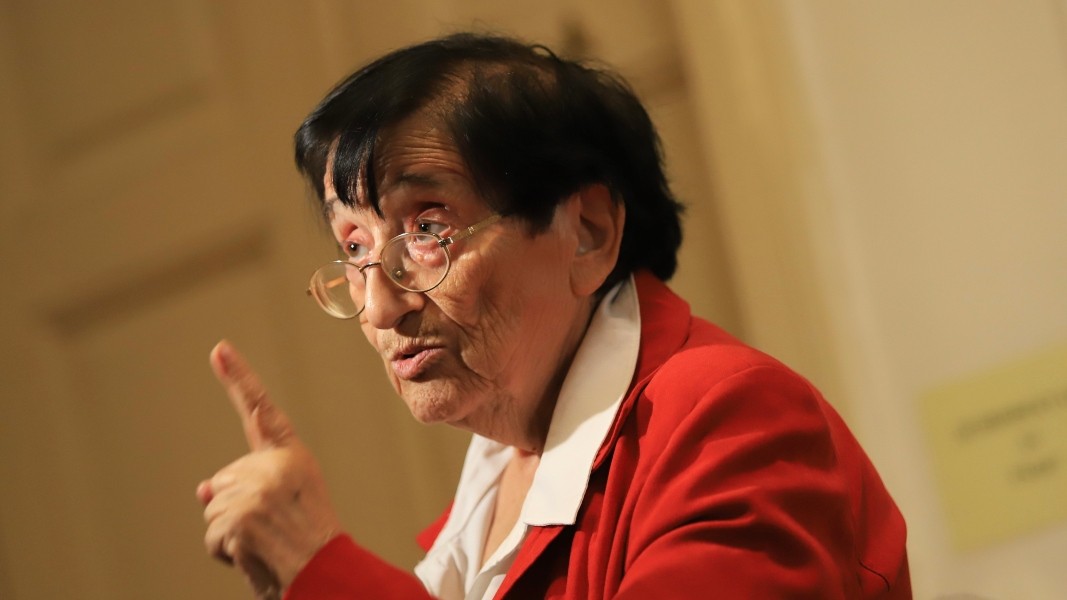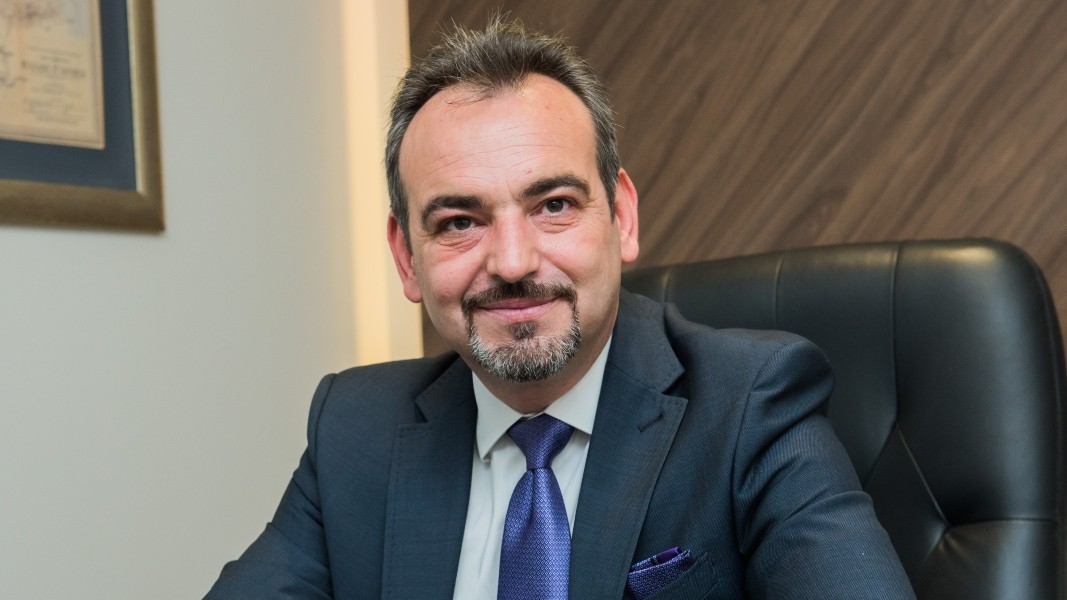The time of the Covid-19 pandemic and its impact on our lives will probably be part of the textbooks one day, but right now the virus is still with us and Bulgaria is bracing for the onslaught of the Omicron variant. But businesses and consumers are no less worried about the economic side of the crisis, as seen in the survey traditionally conducted by the Bulgarian Industrial Association at the end of the year.
The results of the survey, conducted in the period 8 November-8 December, show that Bulgarian businesses are not well acquainted with the Recovery and Resilience Plan or with the European Green Deal – the two documents which are the benchmarks of economic development in the future:
“More than 56% of the respondents are not acquainted with the contents of either document,” explains Bulgarian Industrial Association Vice President Stanislav Popdonchev.

“A little over one-third are acquainted with them in part, and only 7% say they are familiar with their contents. The answers we are getting to the question to what an extent any of the projects from the recovery and resilience plan can help their businesses is very similar.”
Whether they are acquainted with them or not so much, the two sources of European funding are, as yet, out of reach of businesses in this country. The reason is the dramatic delay in the procedure of submitting the plan to the European Commission.
“We are yet to correct the mistakes we have made, and we have two months to do it in, followed by another inspection by the European Commission,” finance expert Mika Zaykova explained in an interview for Radio Bulgaria. “It is realistic to expect the country to receive the first tranche of the EUR 13 billion after August.”

The dwindling foreign direct investments are another worrying sign of the state of the country’s economy in 2021. According to Bulgarian National Bank data, in the period from January till October they amounted to EUR 1.144 billion, a 50.7% drop compared to the same period of last year (EUR 2.322 billion).
Electricity prices hit a record high, and that is the other blow suffered by businesses during the outgoing year, and logically – by all members of the public who have to bear the brunt every single day. To compensate for the high prices of electric energy the government is assisting businesses with 110 Leva per MWh of electricity consumed. On its part the Bulgarian Industrial Capital Association is proposing that, as of the beginning of January, the assistance for businesses cover 75% of the difference between the market price and the price estimation by the Energy and Water Regulatory Commission.
“The excessive energy prices have forced 62% of the respondents to raise the prices of their produce,” Bulgarian Industrial Association President Dobri Mitrev says.

“This rise in prices is something we all feel, and, more often than not, we blame it on the traders. But the real reason is the price of energy.”
Under these circumstances, the newly elected National Assembly wasted no time and imposed a moratorium on electricity, central heating and water prices until 31 March next year. Minister of Economy Korneliya Ninova stated her support for “reining in” the prices which should help households, but added that compensations for the companies which are suffering congruent losses should be considered. Some important steps have to be taken by the end of March:
“With the help of energy and economy experts, the country’s entire expertise, we need to develop a strategy for the development of the energy sector,” Mika Zaykova says. “There is a huge need to rethink the model of our economy, so that money will be invested effectively so as to create products and services with a high added value. Unless we can renew our economy – whether in services, or industry, or transport – we shall never prosper.”
2022 is not going to be an easy year, Mika Zaykova says. Adopting a brand new budget to solve major social and financial problems, electing the new management of the Bulgarian National Bank as a matter of urgency, a well-thought-out reform of the pension system – these are just some of the challenges the ruling coalition is facing.
Photos: bia-bg.com, BGNES
The average price of apartments sold in Sofia in the third quarter of 2025 reached €2,310 per square metre , marking an annual increase of 25.5%, according to data from Bulgarian Properties. While new developments remain popular, limited supply and..
Natural gas prices in Bulgaria are set to fall by just over 4% in December , significantly higher than the previously forecast 1% drop, according to calculations by state-owned supplier Bulgargaz, reported BNR correspondent Yuliyana Kornazheva. This..
The Executive Board of the International Monetary Fund (IMF) has concluded the 2025 Article IV Consultation with Bulgaria. According to the IMF’s procedure for assessments and recommendations, domestic demand is driving a robust expansion of the..

+359 2 9336 661
